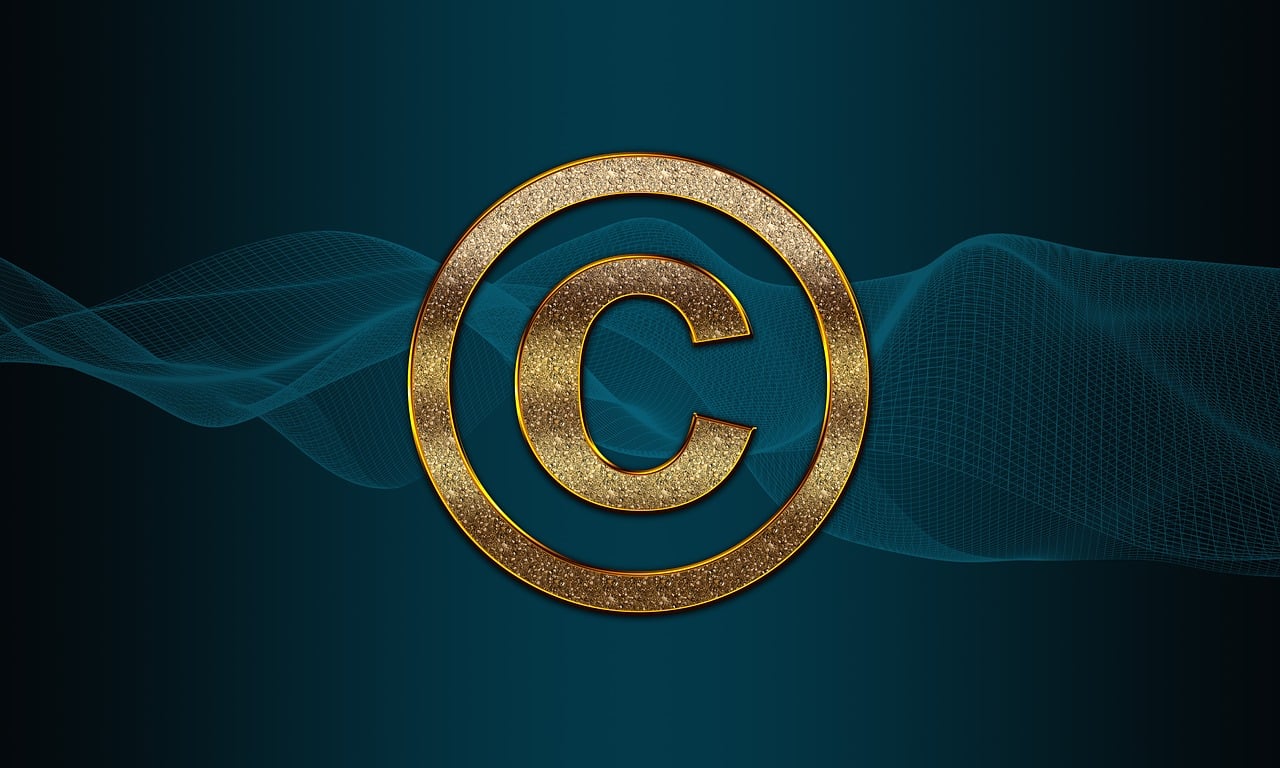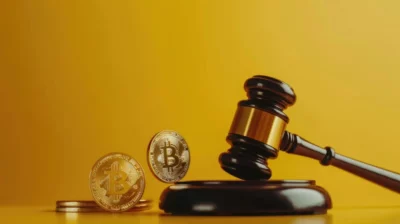
The primary and fundamental requirement for copyright protection in Armenia is the uniqueness of the author’s work. In order to encourage and protect the creativity of talented authors, several countries, including the Republic of Armenia, grant authors specific rights to control their works. These rights are commonly referred to as copyright.
Is it possible to safeguard your ideas through copyright protection under the legislation of the Republic of Armenia?
Copyright preserves the form of expression of the idea of both national and foreign authors, because it is expression that makes the work unique.
Both published and unpublished works of science, literature, and art by you as the author can be protected by copyright.
Copyright objects are:
- literary, scientific works, as well as computer programs;
- other works of painting, sculpture, graphics, design and fine arts;
- works of urban planning, architecture, garden art and their solutions, both in their entirety and in separate parts, audio-visual works (cinema-television films, animated and cartoon films, short music videos, advertising, documentary, documentary and other films, etc.).
Copyright also extends to derivative works, in particular:
– translations, adaptations, transpositions, associations and re-associations, processing and reworkings of other works, performances, etc.
In the Republic of Armenia, the primary and fundamental requirement for copyright protection is the uniqueness of the author’s work. It is crucial that the work is not a mere duplication of another existing work. Other factors such as originality, value, and usefulness are not mandatory conditions for obtaining copyright protection.
Our team is fully prepared and eager to assist you in safeguarding your copyright.
Is there a specific distinguishing feature that indicates copyright and is its use obligatory?
Works can be marked with symbols such as the copyright symbol (©), along with the author’s name, surname, and year of creation. However, it’s important to note that the use of the copyright symbol is not mandatory for a work to be considered copyrighted. The symbol serves as a reminder or indication of the copyright, but its absence does not invalidate the copyright protection of the work.
The author possesses the authority to either forbid or authorize the following actions pertaining to their work under RA:
- Reproduction (recording)
- Distribution of copies in Public performance
- Translation into other languages, and so on.
Consequently, any act of copying the book, translating individual works, or publicly performing the work without the author’s permission would be regarded as a violation of copyright.
How can you resolve a situation where your copyrights have been infringed upon?
To protect their rights, the copyright owner or holder can seek legal recourse through the established procedure outlined in the legislation of the Republic of Armenia. By initiating legal action, the rights holder can request the following remedies from the infringer:
- Recognition of their rights.
- Restoration of the situation to its previous state and cessation of actions that infringe or pose a threat to the rights.
- Confiscation or destruction of counterfeit copies, materials, and equipment used in their production.
- Compensation for damages, including lost profits, as per the applicable laws.
- Compensation amounting to twice the royalty or remuneration the right holder would have received if the infringer had obtained permission to use the copyrighted work, or compensation for damages proportional to the actual infringement, including lost profits.
- Publication of the court decision in the mass media outlets operating in the Republic of Armenia, as determined by the court, at the expense of the infringer.
In the Republic of Armenia and in many countries as well, copyright is preserved for 70 years after the author’s death.
After the author’s death, his property rights pass to the author’s heirs. They become the copyright holders of the works of the deceased author. The latter continue to receive payment (royalty) for the reproduction, translation, processing, public performance, distribution of the work.
What is the origin of copyright and is it required to be registered?
Copyright in Armenia arises automatically by the fact of the creation of the work itself, independently of any other formality. In that case, copyright differs significantly from other intellectual property rights, such as patents and trademarks, where the rights arise from the moment of their state registration. Examples of the object of the right made or distributed without the permission of the right holder are considered fake or imitated (counterfeit).
Are the copyrights transferable?
The author may sell his property rights to physical and/or legal entities for a fee.
The transfer of rights was performed in two ways: the option of assigning rights and licensing.
The assignment of copyright implies that the author assigns the right to permit or prohibit any action to another person, the assignment is a transfer of ownership rights, the person to whom all rights have been assigned becomes the new possessor, the owner, of the property rights to the work.
Licensing means that the author remains the owner of his property rights, but allows the buyer of the rights to the licensee to perform certain actions arising from these rights for a limited period and for a specific purpose. For example, the author of a novel can transfer his distribution rights to the novel through a license agreement.
Does the Republic of Armenia have an organization responsible for enforcing copyright protection?
Yes. In the event that the musical, dramatic, musical-dramatic, literary works of local or foreign authors are used in Armenia (hereinafter referred to as “Creations”), “HAYHEGHINAK” NGO has the right to apply to the companies using the works and charge the author’s royalties in favor of the Authors. the pay.
The primary purpose of copyright is to safeguard the personal and financial interests of creators, while also fostering and encouraging creative endeavours in the realms of science, literature, and art.
Our team is fully prepared and eager to assist you in safeguarding your copyright.







